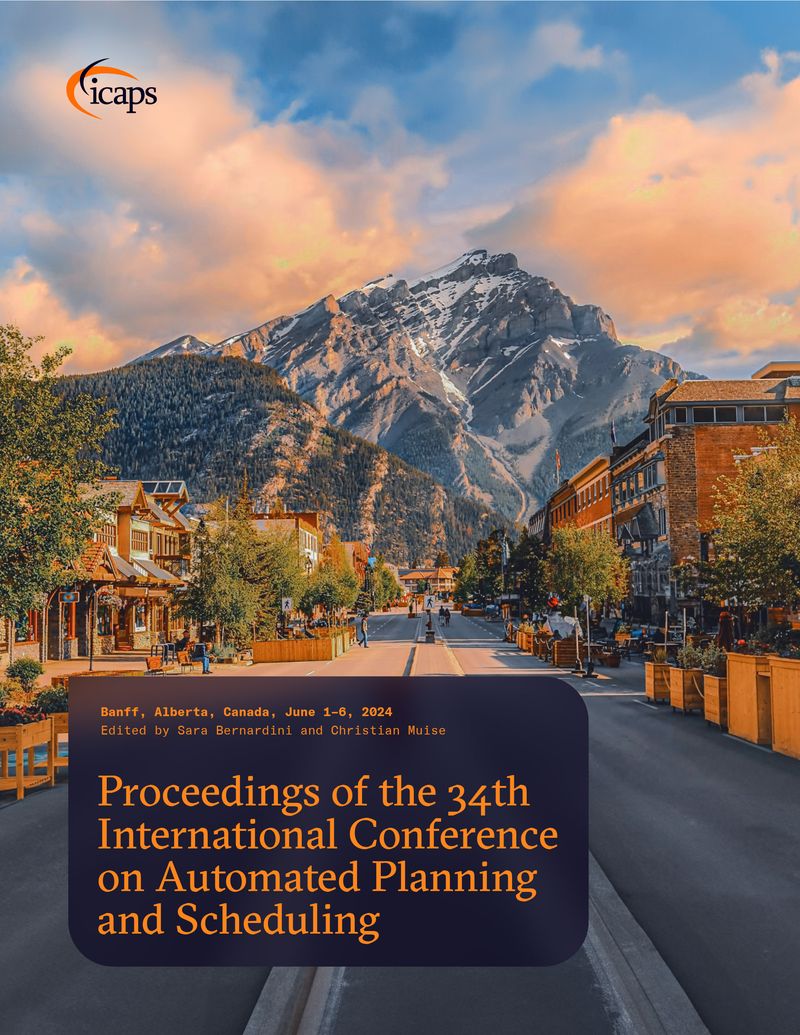New Fuzzing Biases for Action Policy Testing
DOI:
https://doi.org/10.1609/icaps.v34i1.31472Abstract
Testing was recently proposed as a method to gain trust in learned action policies in classical planning. Test cases in this setting are states generated by a fuzzing process that performs random walks from the initial state. A fuzzing bias attempts to bias these random walks towards policy bugs, that is, states where the policy performs sub-optimally. Prior work explored a simple fuzzing bias based on policy-trace cost. Here, we investigate this topic more deeply. We introduce three new fuzzing biases based on analyses of policy-trace shape, estimating whether a trace is close to looping back on itself, whether it contains detours, and whether its goal-distance surface does not smoothly decline. Our experiments with two kinds of neural action policies show that these new biases improve bug-finding capabilities in many cases.Downloads
Published
2024-05-30
How to Cite
Eisenhut, J., Schuler, X., Fišer, D., Höller, D., Christakis, M., & Hoffmann, J. (2024). New Fuzzing Biases for Action Policy Testing. Proceedings of the International Conference on Automated Planning and Scheduling, 34(1), 162-167. https://doi.org/10.1609/icaps.v34i1.31472

